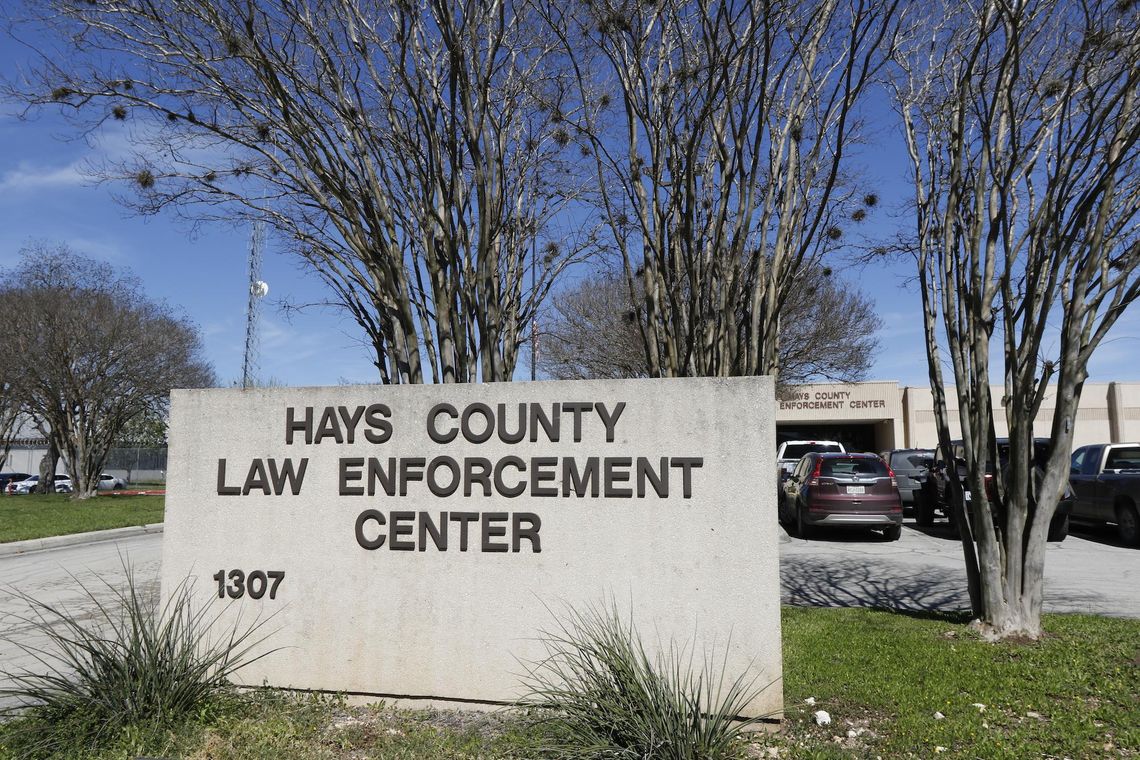The first cite and release ordinance in the state of Texas will go into effect in San Marcos as of May 31.
Larger municipalities like Austin and San Antonio have passed resolutions expressing support for the practice, but none have passed it in the form of an ordinance.
The new civil law passed by the San Marcos City Council last month directs the San Marcos Police Department to issue citations for low-level non-violent offenses like possession of small quantities of marijuana, driving without a license, small amounts of property theft or theft of services. SMPD will also issue quarterly reports to increase transparency and accountability.







